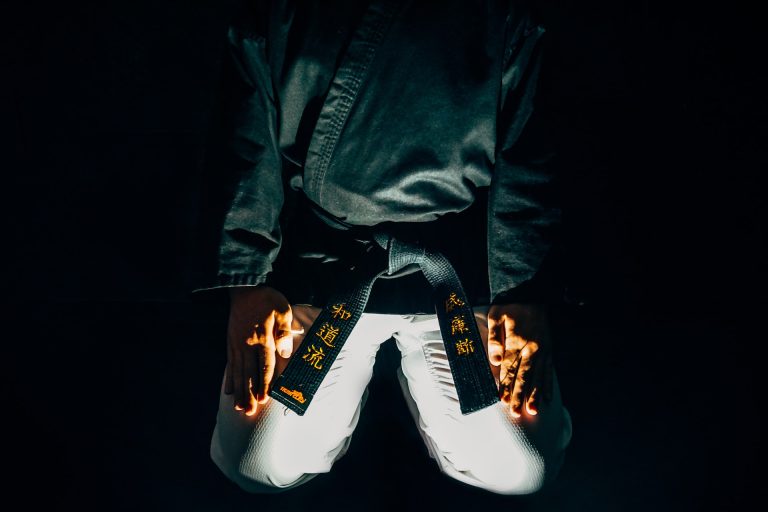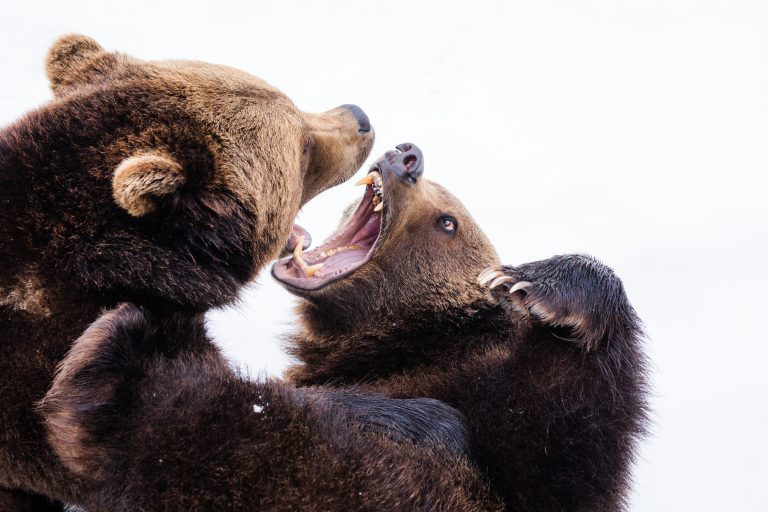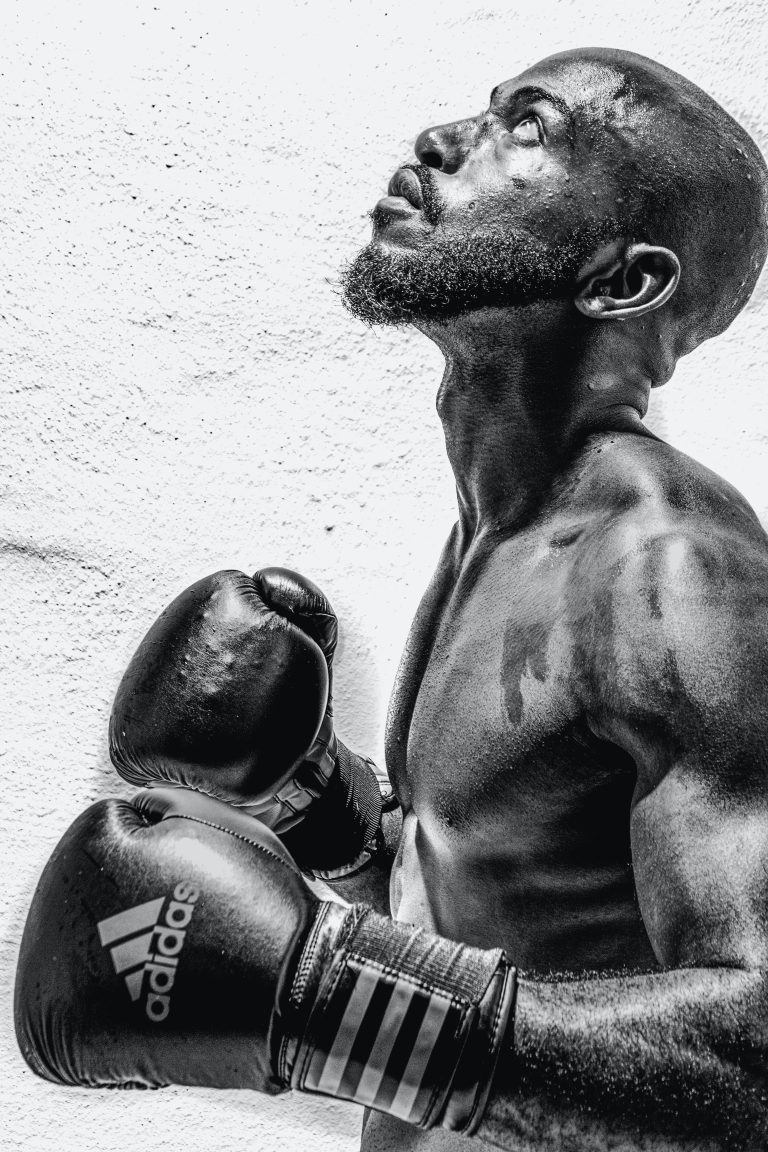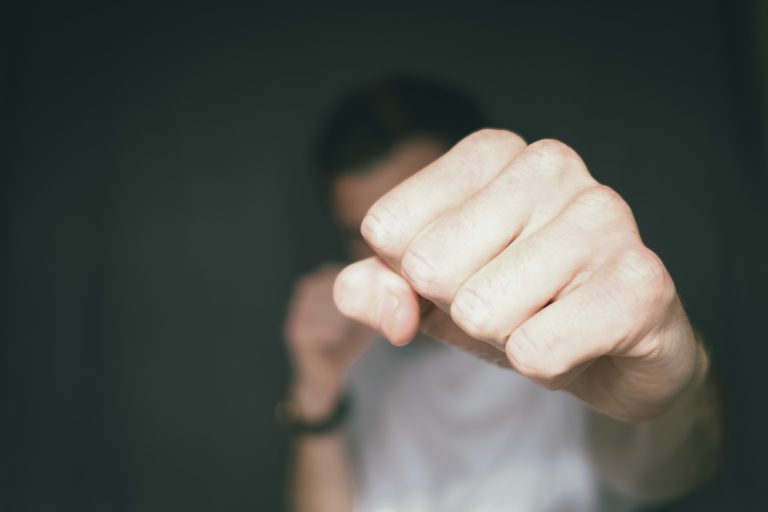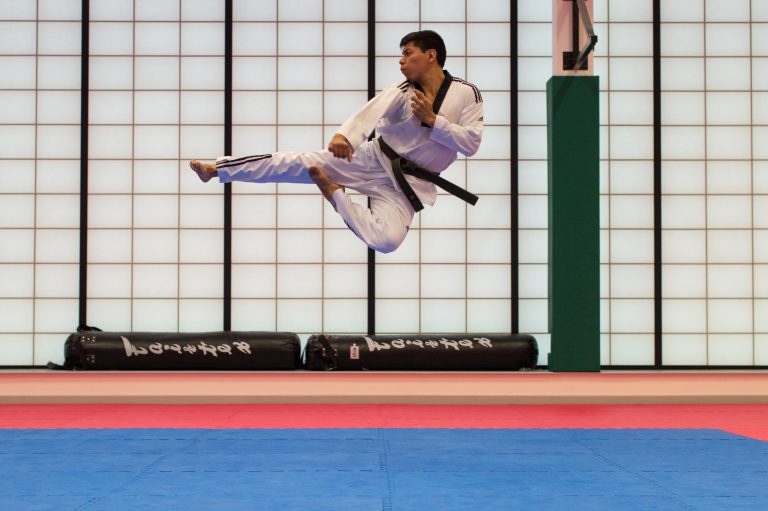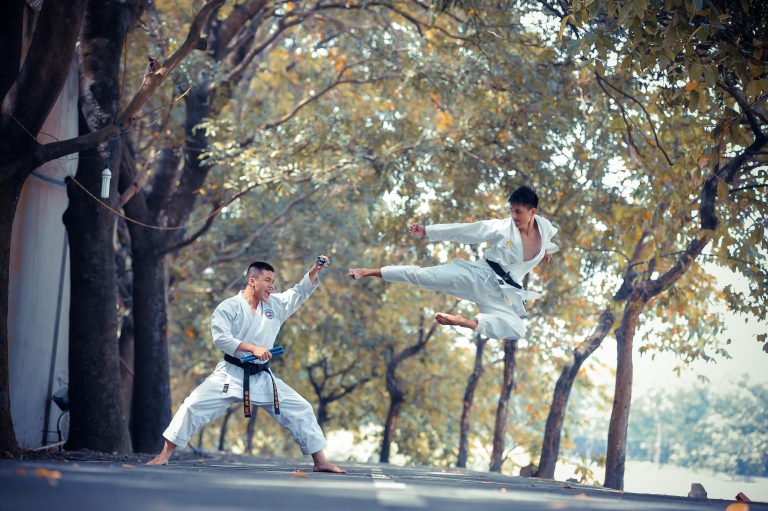Can You Do Karate with Scoliosis?
Karate is a martial art form that involves various kicking, punching, and striking techniques. Those who practice karate regularly experience numerous benefits, including improved physical fitness, self-discipline, and self-confidence.
However, people with scoliosis often wonder whether they can practice karate or not. Scoliosis is a medical condition in which the spine curves sideways, causing discomfort, pain, and breathing difficulties. In this article, we will explore the impact of scoliosis on karate and analyze whether people with scoliosis can practice this martial art form.
Understanding Scoliosis
Scoliosis is a medical condition that affects the natural curvature of the spine. In people with scoliosis, the spine curves sideways, leading to uneven shoulders, a tilted waist, and an asymmetric ribcage. The curvature can range from mild to severe, and the condition can develop at any age.
Most cases of scoliosis are idiopathic, which means that the exact cause of the condition is often unknown. Other cases of scoliosis can result from underlying conditions such as traumatic injuries, neuromuscular diseases, or birth defects.
Effects of Scoliosis on Karate
The effects of scoliosis on karate depend on the severity of the condition. People with mild scoliosis may be able to practice karate without difficulty, while those with severe scoliosis may experience significant limitations.
In karate, the spine plays a crucial role in generating power in kicks and punches. A curved spine can affect the alignment of the body and reduce the force generated during these movements. This can result in weaker techniques, slower reflexes, and poor balance.
Furthermore, scoliosis can cause breathing difficulties due to the compression of the lungs and ribcage. This can result in fatigue, reduced stamina, and poor endurance, making it challenging to perform strenuous karate movements.
Can You Do Karate with Scoliosis?
While scoliosis can present challenges in practicing karate, it is still possible to participate in the sport with proper precautions and adjustments.
Before starting karate, people with scoliosis should consult their physician and inform their karate instructor about their condition. The instructor can then tailor the training program to accommodate the individual’s physical limitations and provide modifications as needed.
In addition, regular stretching and strengthening exercises can help improve flexibility, mobility, and posture, reducing the risk of injury and discomfort. Adequate rest and recovery time are also essential, particularly for those with severe scoliosis.
Can You Do Karate with Scoliosis? Answering the Most Frequent Questions
Scoliosis is a condition that affects the curvature of the spine, which can lead to chronic pain, discomfort, and mobility issues. People who suffer from scoliosis may wonder if they can participate in certain physical activities, such as martial arts. Specifically, many people ask whether it is possible to do karate with scoliosis. In this blog post, we will answer the most frequently asked questions related to this topic.
What Is Scoliosis?
Scoliosis is a condition characterized by an abnormal curvature of the spine. The spine may curve sideways or twist, leading to an uneven appearance of the back. Most cases of scoliosis are idiopathic, meaning the cause cannot be identified. In some instances, scoliosis may develop due to a congenital disability, injury, or illness.
Is It Safe to Do Karate with Scoliosis?
The safety of practicing karate with scoliosis depends on the severity of the curvature and other individual factors. In general, it is safe for individuals with mild scoliosis to participate in martial arts. However, those with moderate to severe scoliosis should consult a healthcare professional before beginning any physical activity, including karate.
How Can Karate Benefit Individuals with Scoliosis?
Karate is an excellent form of exercise for individuals with scoliosis as it improves flexibility, strength, and posture. The practice involves movements that target the core and back muscles, which can help alleviate discomfort and pain related to scoliosis. Additionally, karate can provide a sense of accomplishment and empowerment, which can improve overall wellbeing and quality of life.
What Precautions Should Someone with Scoliosis Take When Practicing Karate?
Individuals with scoliosis should take some precautions when practicing karate to avoid exacerbating the condition. These include:
- Wearing a well-fitted back brace to support the spine during exercise
- Avoiding high-impact movements that put excessive strain on the spine
- Consulting a healthcare professional or physical therapist to obtain specific recommendations for adjustments and modifications in movements and techniques
Can Karate Therapy Help Treat Scoliosis?
Karate therapy is a form of exercise therapy that involves incorporating karate movements into a treatment plan for scoliosis. The aim of karate therapy is to improve strength, flexibility, and posture, as well as reduce pain and discomfort. While karate therapy may be beneficial for individuals with scoliosis, it should only be done under the guidance of a qualified healthcare professional or physical therapist.
Can You Do Karate With Scoliosis? – A Comprehensive Guide
Karate is one of the most popular and widely practiced martial arts in the world. It offers a range of physical and mental benefits, including improved strength, flexibility, discipline, and self-defense skills. However, people with scoliosis may wonder whether they can practice karate safely and effectively. Scoliosis is a condition that causes the spine to curve abnormally, which can lead to discomfort, pain, and limited range of motion. In this guide, we’ll answer the question of whether you can do karate with scoliosis, and provide some helpful tips for those who want to try.
Understanding Scoliosis
Before we discuss whether doing karate is possible with scoliosis, it’s important to understand what scoliosis is and how it can affect the body. Scoliosis is a condition that causes the spine to curve sideways, which can lead to changes in posture, appearance, and range of motion. The condition can be caused by several factors, including genetics, neuromuscular conditions, or unknown causes.
There are several types of scoliosis, including congenital scoliosis (present at birth), idiopathic scoliosis (unknown cause), and degenerative scoliosis (caused by age-related wear and tear). Depending on the severity of the curve, scoliosis can cause pain, discomfort, and limited range of motion. Some people may also experience problems with breathing, digestion, or heart function if their scoliosis is severe.
Is It Safe To Do Karate With Scoliosis?
Now that we know what scoliosis is and how it can affect the body, let’s explore whether it’s safe to practice karate with scoliosis. The short answer is yes, you can do karate with scoliosis, but you need to do so with caution and under the guidance of a qualified instructor.
Karate involves a range of movements, including kicks, punches, blocks, and strikes. These movements require flexibility, balance, and coordination, which may be challenging for people with scoliosis. However, with proper training and modifications, people with scoliosis can participate in karate classes and benefit from its physical and mental benefits.
Tips For Doing Karate With Scoliosis
If you have scoliosis and are interested in doing karate, here are some tips to keep in mind:
1. Consult with your doctor – Before starting any new exercise program, it’s important to consult with your doctor to ensure that it’s safe for you. Your doctor can help you determine whether karate is appropriate for your condition and provide guidance on any modifications you may need to make.
2. Find a qualified instructor – When practicing karate with scoliosis, it’s important to work with a qualified instructor who has experience working with people with similar conditions. A good instructor can help you modify movements to suit your abilities, prevent injury, and provide support and encouragement.
3. Focus on flexibility – People with scoliosis often have reduced flexibility in their spine and hips, which can make certain karate movements challenging. Focusing on stretching and flexibility exercises can help improve your range of motion and reduce discomfort during training.
4. Use proper posture – Good posture is essential for people with scoliosis, as it can help reduce the risk of further curvature and discomfort. When practicing karate, be mindful of your posture and try to maintain a straight spine as much as possible.
5. Take breaks when needed – Karate can be physically demanding, especially for people with scoliosis. If you experience pain or discomfort during training, it’s important to take breaks and rest as needed. Pushing through pain can worsen your condition and lead to further problems.
Conclusion
In conclusion, doing karate with scoliosis is possible, but it requires caution, guidance, and modifications. People with scoliosis can benefit from practicing karate, as it can improve strength, flexibility, coordination, and self-defense skills, while also providing mental benefits such as discipline and focus. If you have scoliosis and are interested in practicing karate, be sure to consult with your doctor and find a qualified instructor who can guide you through the process safely and effectively.
Inhaltsverzeichnis

